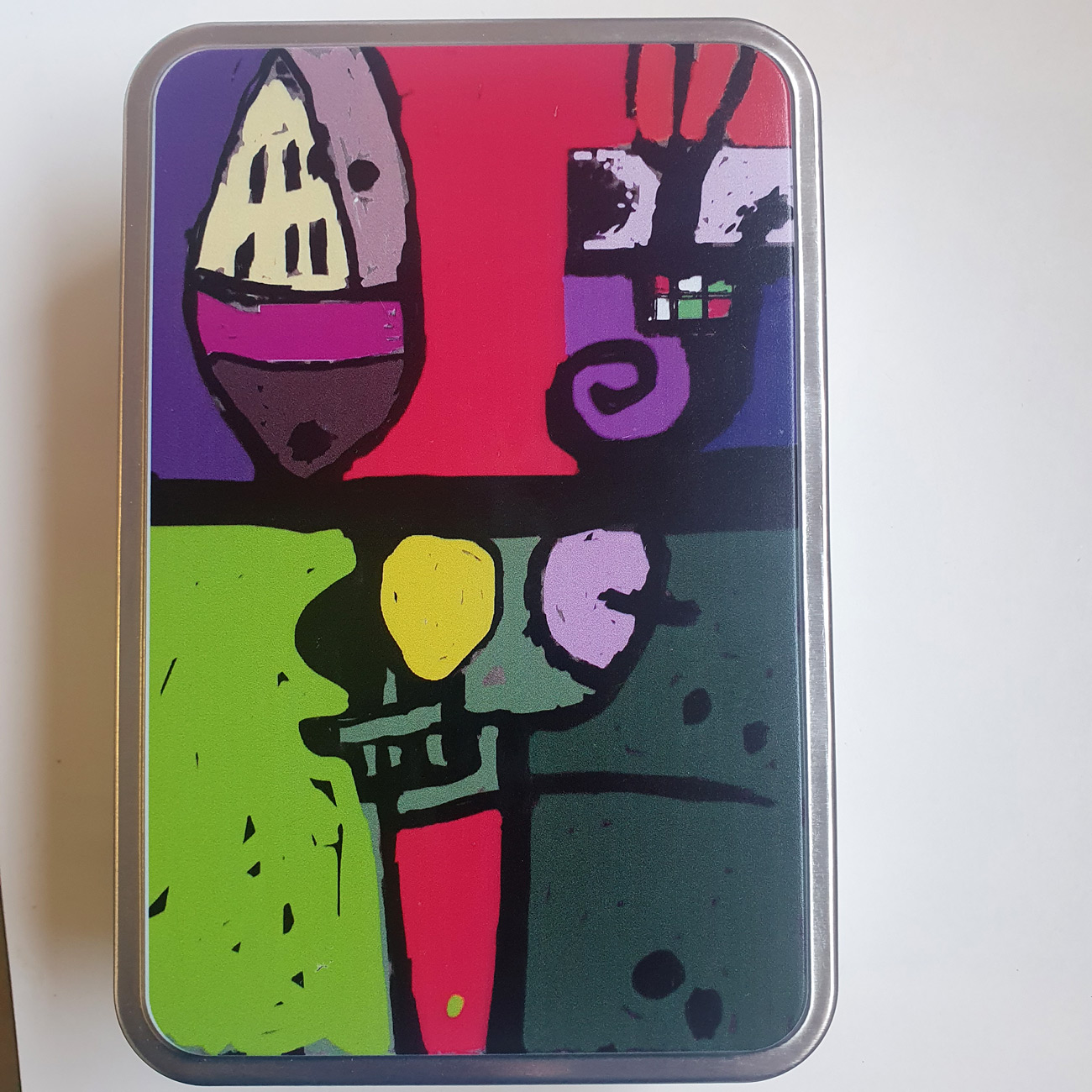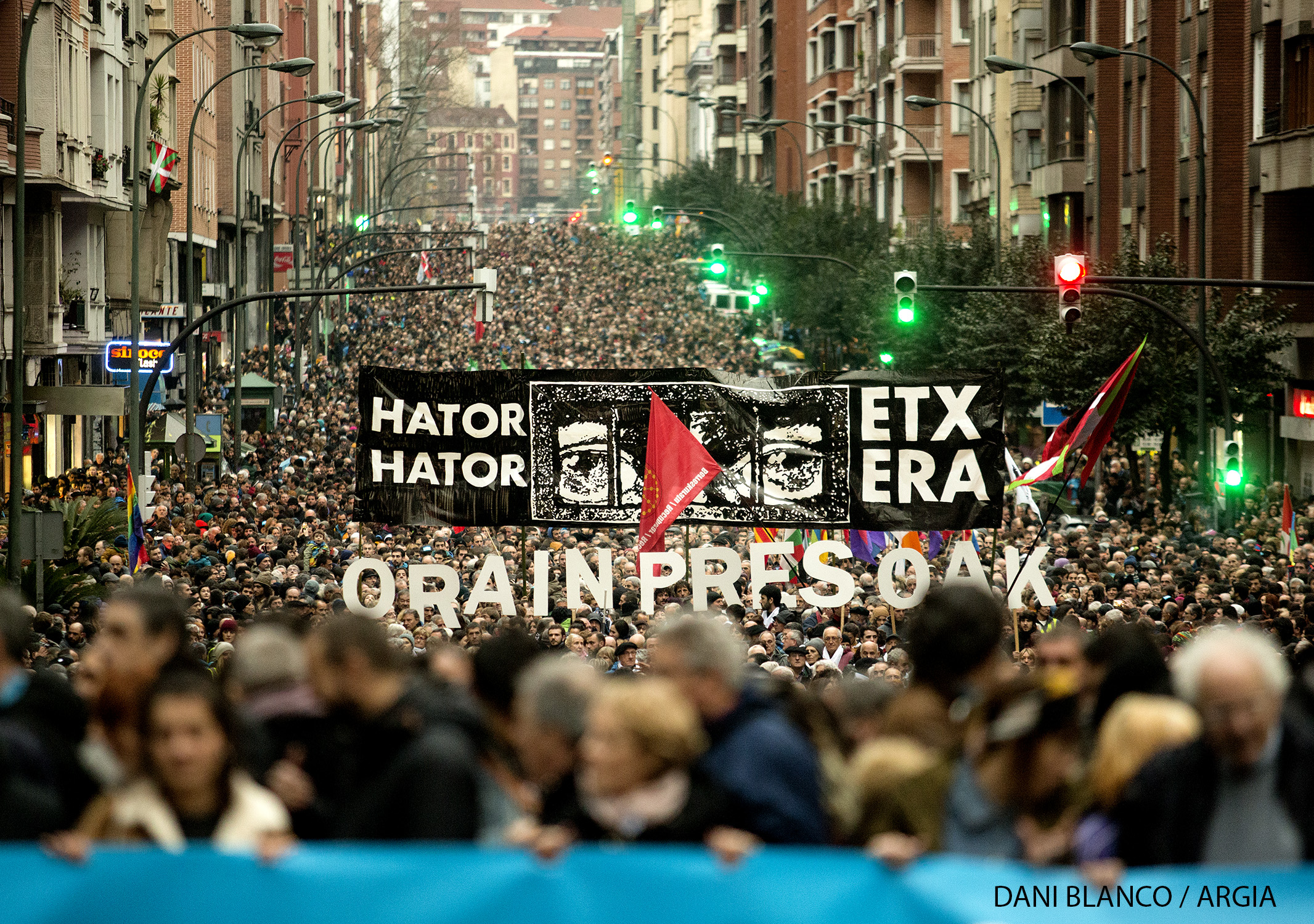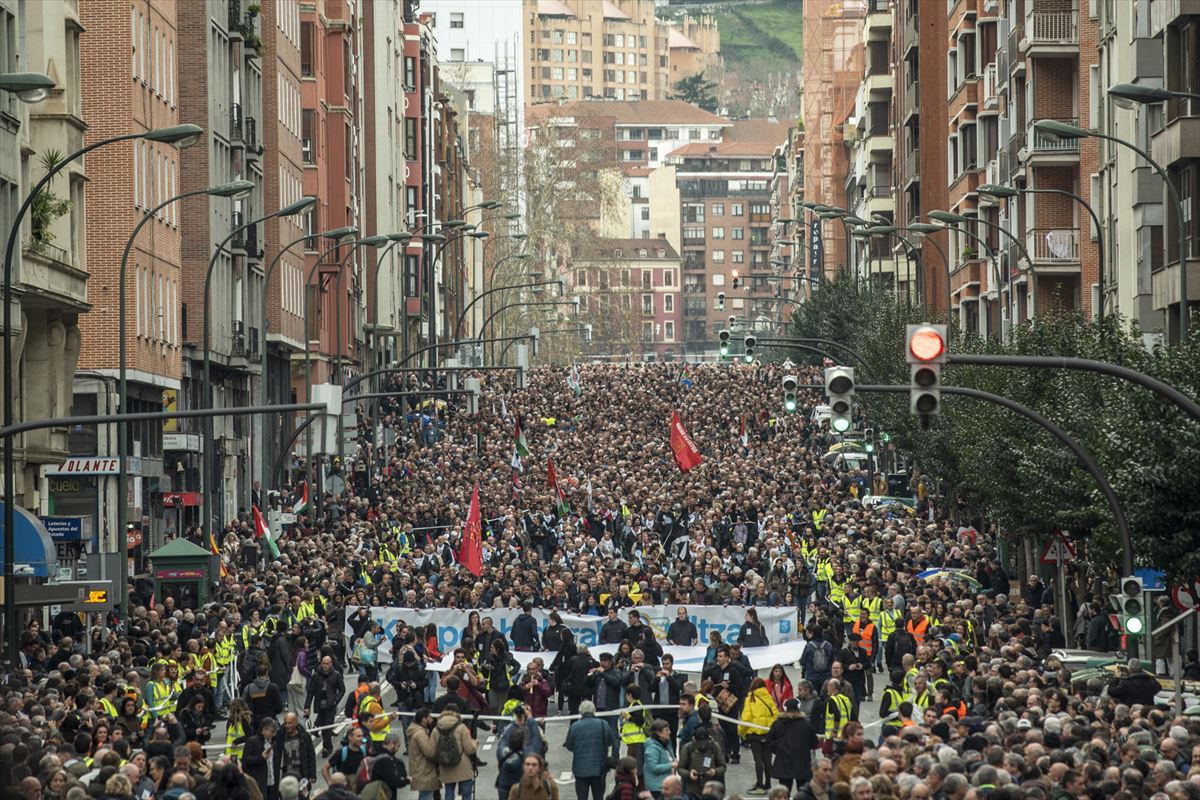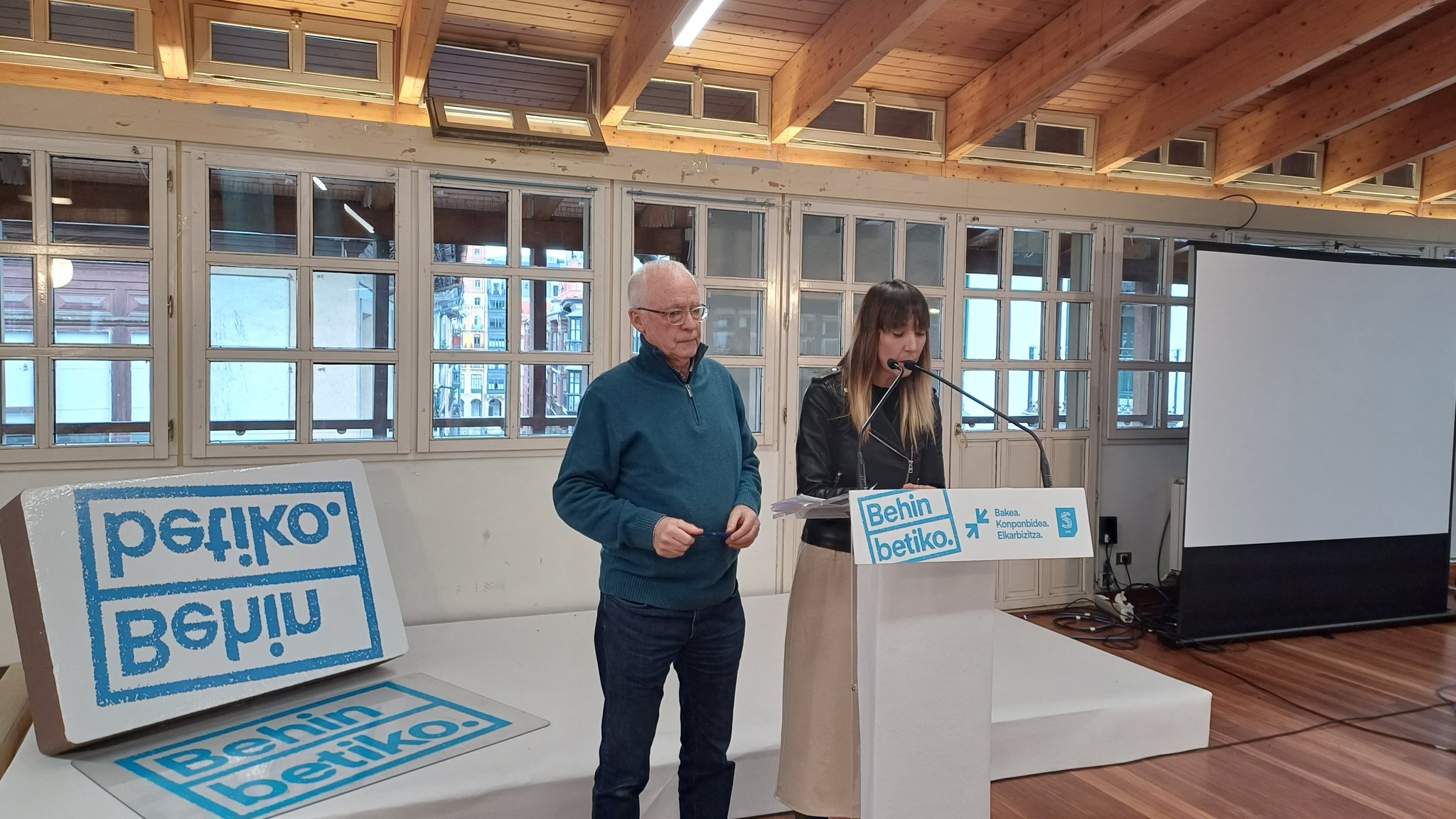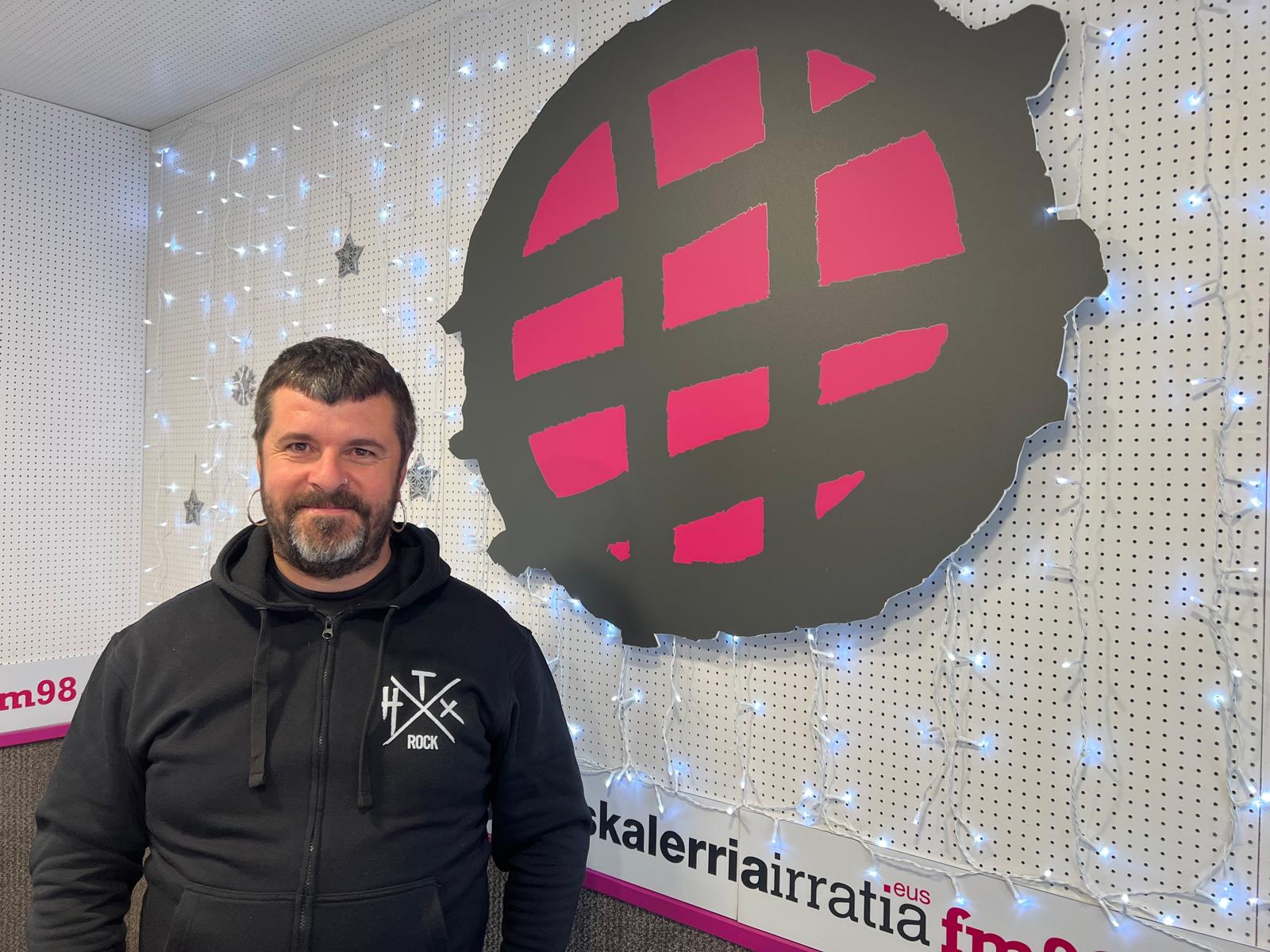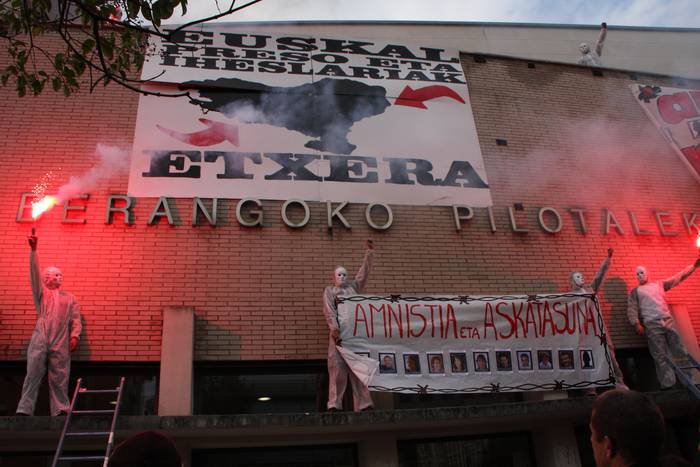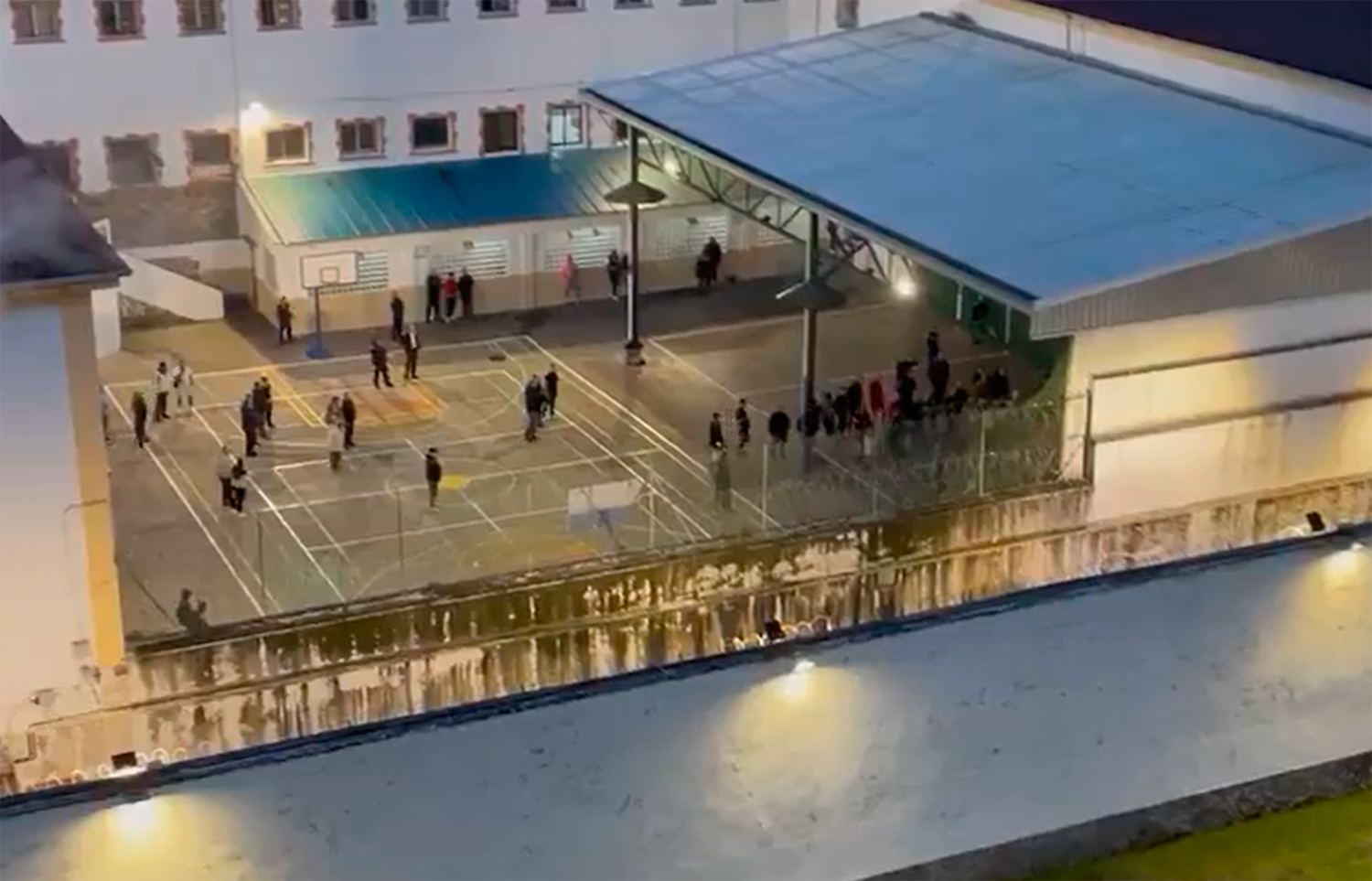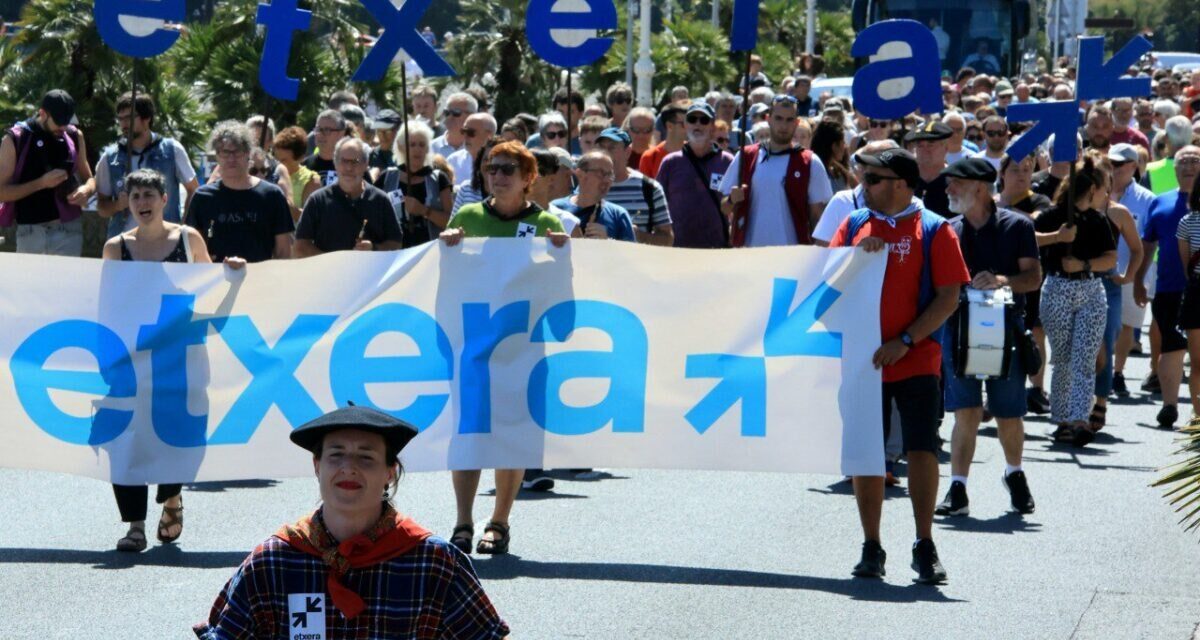“The leftist movements have to have a deep debate”
- Moreno is in prison in Rennes in Brittany. He participated in the book Txori urdinak published by ARGIA and sent four short audios for the presentation of the book in Bilbao, answering questions on various issues related to prison. You can hear them in this news story.

On March 31, the book Txori Urdinak was presented at the Bira cultural center of Bilbao: a portrait of the prison in the mouth of the prisoner Santi Cobos. The bilbain political prey Itziar Moreno Martínez made an illustration for the book. In the Bilbao program we also ask him three questions to participate with his voice, which Moreno has answered through an audio.
How do you survive jail?
Making it clear that each one has his own forms, Moreno exudes the most important keys for him: “Not to think that life has remained on the street” and to develop projects; to maintain vitality and internal balance; to have dignity as an axis, “indispensable for mental health”; to relate, “are you and you”; or creativity as a tool of evasion and struggle.
What are the relationships between "social" and "political" prisoners?
The prisoner starts the audio saying that the separation of prisoners between “social” and “political” is debatable: “We are all prey among the four walls,” he says on the one hand, “but it is true that they are imposing differentiated repressive measures on us,” on the other. Although the penitentiary center tries to curb solidarity among them through “fear and threat”, it emphasizes that there is a great diversity: material and psychological support, friendship and shared struggles, intimacy, dance, or sexuality among women prisoners. Among the problems, the complainants, envy or consequences of power relations stand out.
Is there an alternative to jail?
Moreno synthesizes four main ideas to answer this question. Baga, in order to find an alternative to prison, has to transform “the whole legal system”, starting with the definition of crime. Secondly, the prison does not resolve anything, either in the face of the “alleged offender”, or in the face of the person or community that has suffered the consequences or damage of the crime. In Higa, other ways of resolving conflicts have developed in other times and cultures, from which we have something to learn. In the movements on the left, a thorough debate must be opened. Moreno asks for “courage to address the issue”, “to use real alternatives from today”.
Blue Birds
Moreno also sent on his own initiative a fourth audio about the book Txori urdinak. He considers that this is a reading “that moves the bowels”, explaining that he has aroused feelings of all kinds: “I’ve been thrilled, I laughed, I’ve cried, I’ve got angry, sometimes I’ve been hard because there are hard passages...” For Moreno, Santi Cobos makes a “magnificent” description of the prison and thanked him for the “sincere testimony” he has given him and has been offered in Euskera. He says participating in the book has been a pleasure.
Just as we experienced the flourishing of the Basque Country with the help of the artists, so that this time, taking advantage of their impulses, we continue to make our way together giving the necessary support to the Basque political prisoners, exiles and deportees
The... [+]
Jar gaitezen 2025erako proposamen politiko gisa, Espainiako Auzitegi Kolonialaren (AN) epai guztiak berrikusten hasteko eta makila bakoitzak bere belari eusteko.
Unionismoarekin lerrokatutako alderdi, sindikatu eta gizarte-erakunde gehienek, eta ez bakarrik horrela... [+]
Next Saturday, 11 January, the Sare citizens' network called for a new demonstration in Bilbao in defence of the rights of Basque prisoners. This is a unique opportunity to move forward on the path of coexistence in our people, after decades of violent confrontation and, even... [+]
Hatortxu Rock jaialdiko 29. edizioa egingo da larunbatean Atarrabian. Sarrerak jada agortuta daude, baina txandak osatzeko laguntza behar da oraindik.
What surprised you the most when you left jail? I've been asked many times in the last year and a half.
See that the streets of Bilbao are full of tourists and dogs with two legs, for example? Or the changes in the political situation? The first one has tired me and annoyed me... [+]








